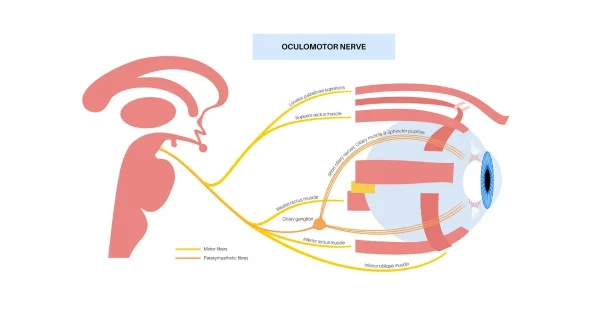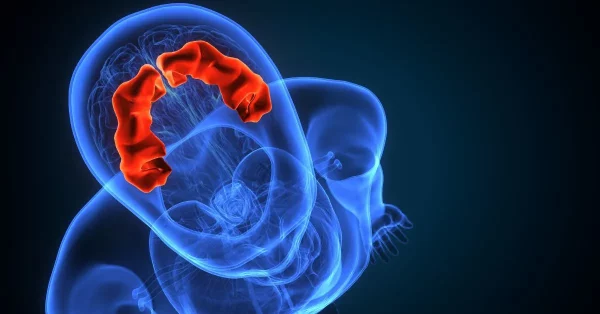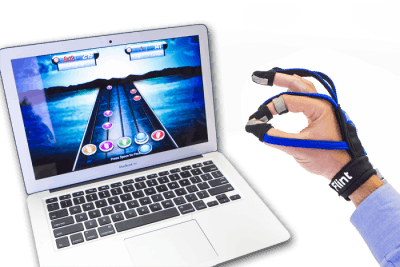
Childlike Behavior After Brain Injury: Causes, Treatment, and Managing Recovery
If you are caring for or supporting an adult with a brain injury, noticing childlike behavior can be one of the most confusing and emotionally

If you are caring for or supporting an adult with a brain injury, noticing childlike behavior can be one of the most confusing and emotionally

When we listen to someone speak, the brain performs an incredible process of turning sound waves into meaning. But for some people, that bridge between

Imagine trying to read a sentence, but your eyes can’t move smoothly from one word to the next. Or you’re in a conversation, and instead

Recovering from a traumatic brain injury (TBI) is a complex process. While physical symptoms like balance issues or headaches may take center stage, another often-overlooked

Ideomotor apraxia can be frustrating. This neurological condition occurs not because of muscle weakness but because of a disconnect between intention and movement. When someone

Itching is usually no big deal. A bug bite, a dry patch of skin, maybe an allergy, these are common causes of itching for most

Memory problems are one of the most common and frustrating challenges after a traumatic brain injury (TBI). Whether the injury is mild, moderate, or severe,

Tactile agnosia is a rare neurological condition that affects a person’s ability to recognize objects by touch alone. While vision or hearing may remain intact,

Getting lost in a familiar neighborhood or feeling disoriented in your own home can be unsettling. For most people, navigating daily spaces comes naturally. But

Alien Hand Syndrome (AHS) is a rare and often misunderstood condition that can occur after certain types of brain injury. People who experience it may


Take the first step towards recovery.